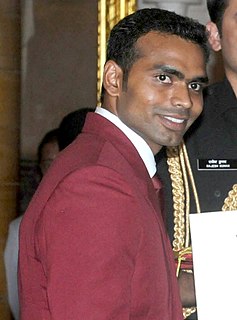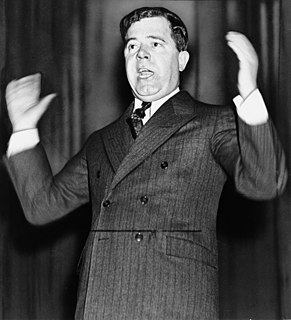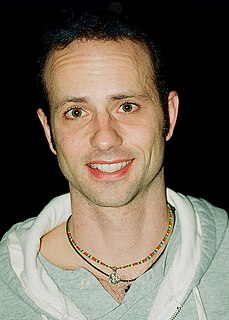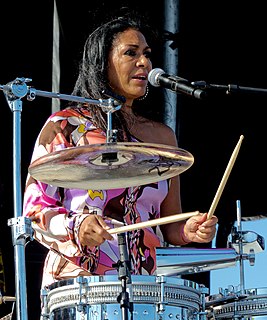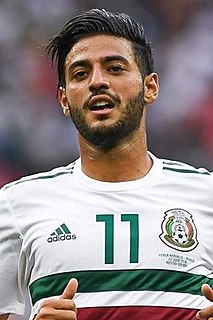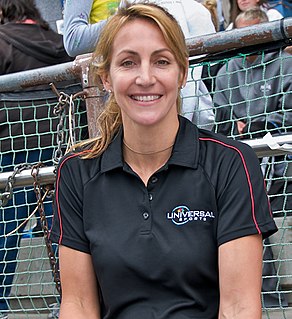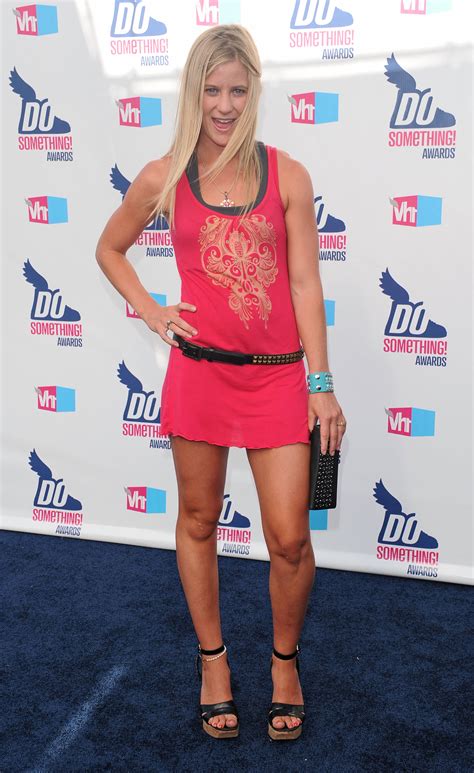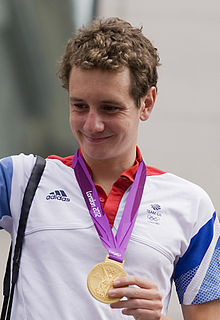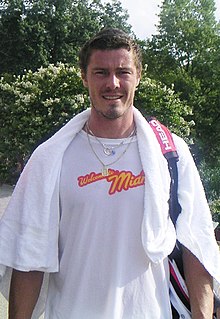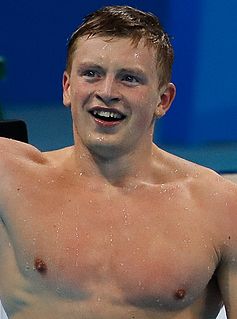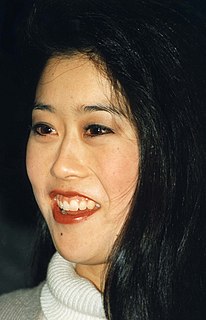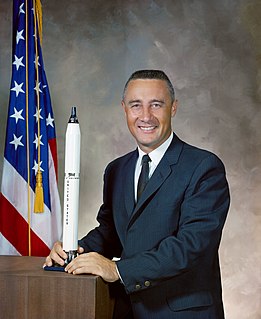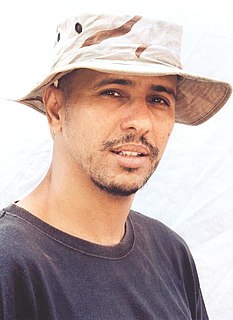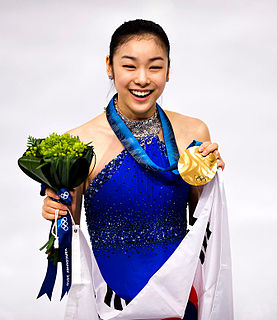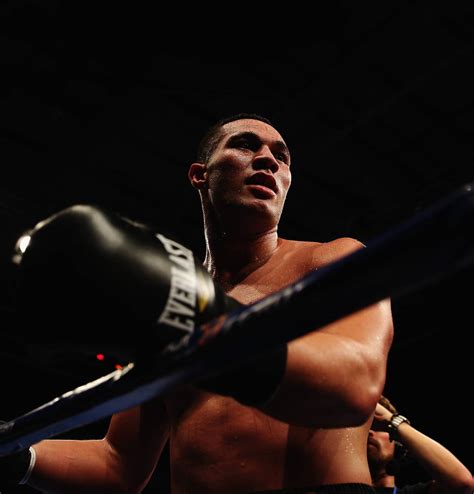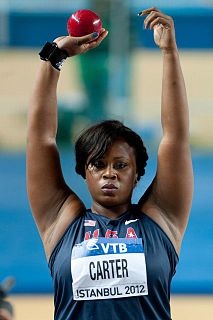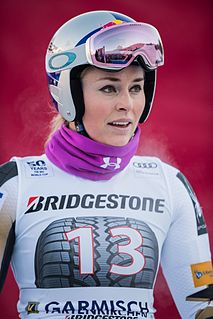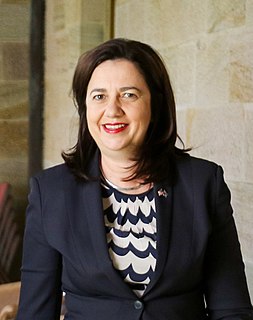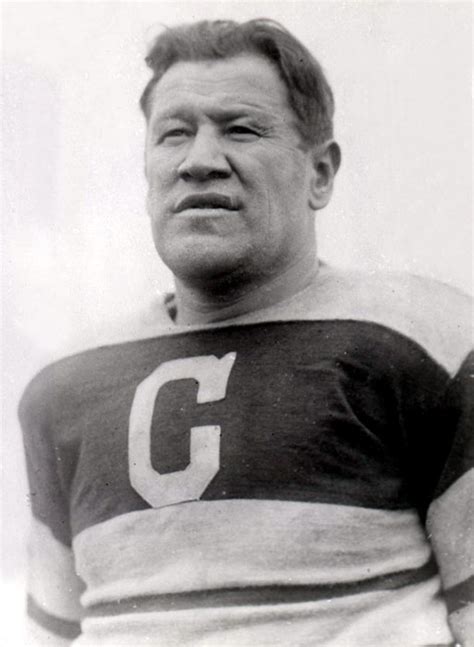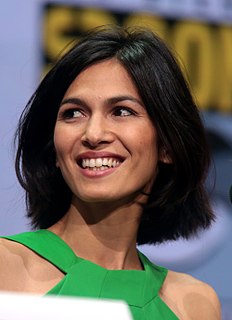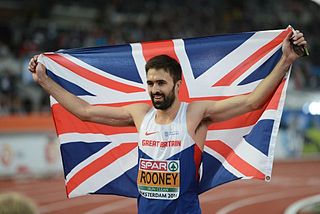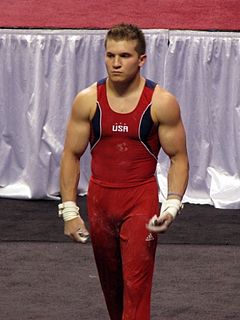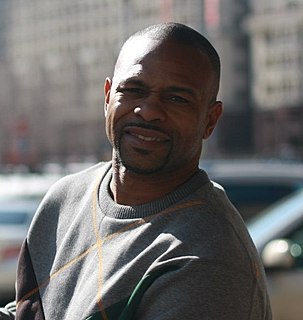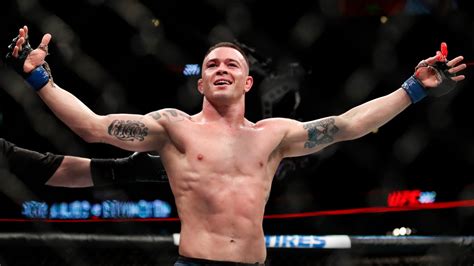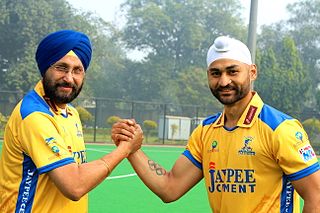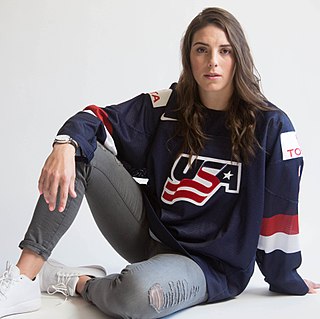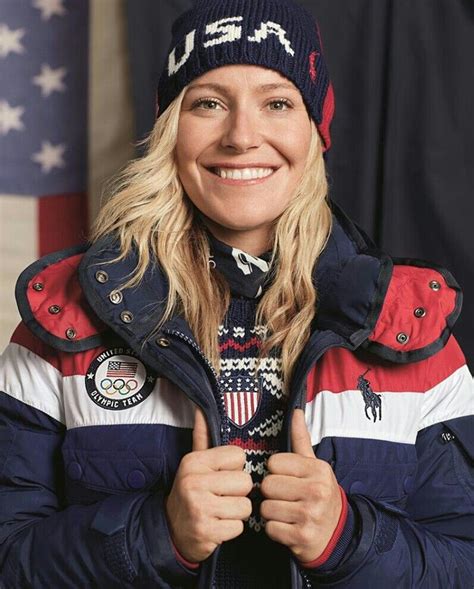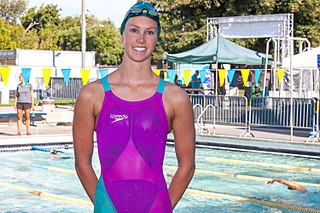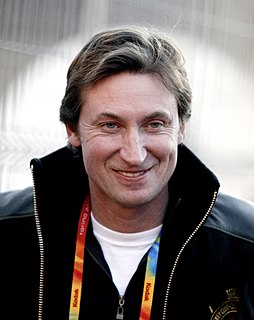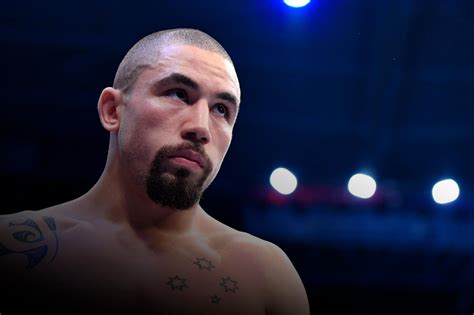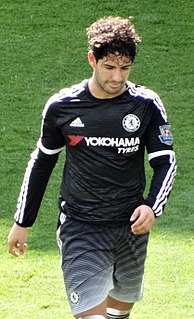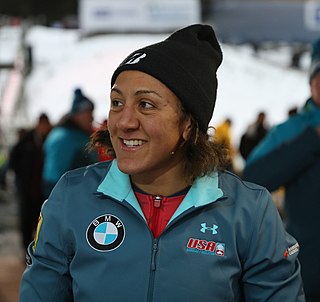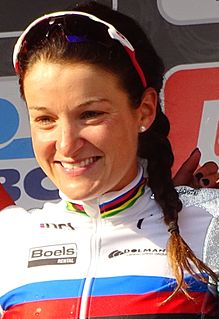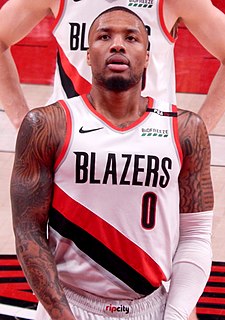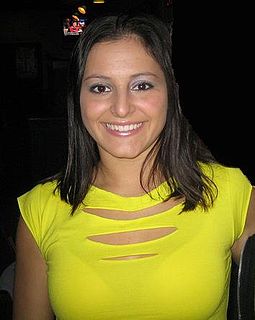Top 1200 Training For The Olympics Quotes & Sayings - Page 2
Explore popular Training For The Olympics quotes.
Last updated on November 25, 2024.
Training- training is everything; training is all there is to a person. We speak of nature; it is folly; there is no such thing as nature; what we call by that misleading name is merely heredity and training. We have no thoughts of our own, no opinions of our own; they are transmitted to us, trained into us.
Education and training for all children to be equal in opportunity in all schools, colleges, universities, and other institutions of training in the professions and vocations in life; to be regulated on the capacity of children to learn, and not on the ability of parents to pay the costs. Training for life's work to be as much universal and thorough for all walks of life as has been the training in the arts of killing.
I'm not the athlete I was when I was training for the Olympics in '92 or when I was working out every single day. I have to live in moderation: I work out three or four days a week, and I smile while I'm working out - I really do enjoy it. I work out with my girlfriends and make it a social competition.
After the 2012 Olympics, I returned to training, but unlike in previous years, my off-season weight gain didn't melt off as soon as I got back to my routine. I was tired, and my clothes weren't fitting. I'd been diagnosed with hypothyroidism, which means my thyroid is underactive, and that slows my metabolism.
In my perfect day, I wake up next to the woman of my dreams, and she's crying tears of joy because she's so excited about the life we have together. I'm preparing to compete in the 2016 Olympics with U.S.A. Team Handball, so I head to an intense training session with my coach to increase my physical strength and athleticism.
Training for the Olympics was much easier than balancing my life now! When practice was over, there was time for me. But with four kids and a career, I have no downtime. When I'm not on the road, I finish my workday at 2:30 p.m. Then I pick the kids up from school and they get 100 percent Mommy, not part Mommy and part Mary Lou Retton.
Winning the Olympics was an amazing feeling, but afterwards, it was a bit like, 'What do I do now?' So I lost a bit of motivation going back into training and competitions; I had so much pressure on me. I kept thinking, 'I'm the Olympic champion. I can't lose' - being only 19 and having to deal with all that pressure.


